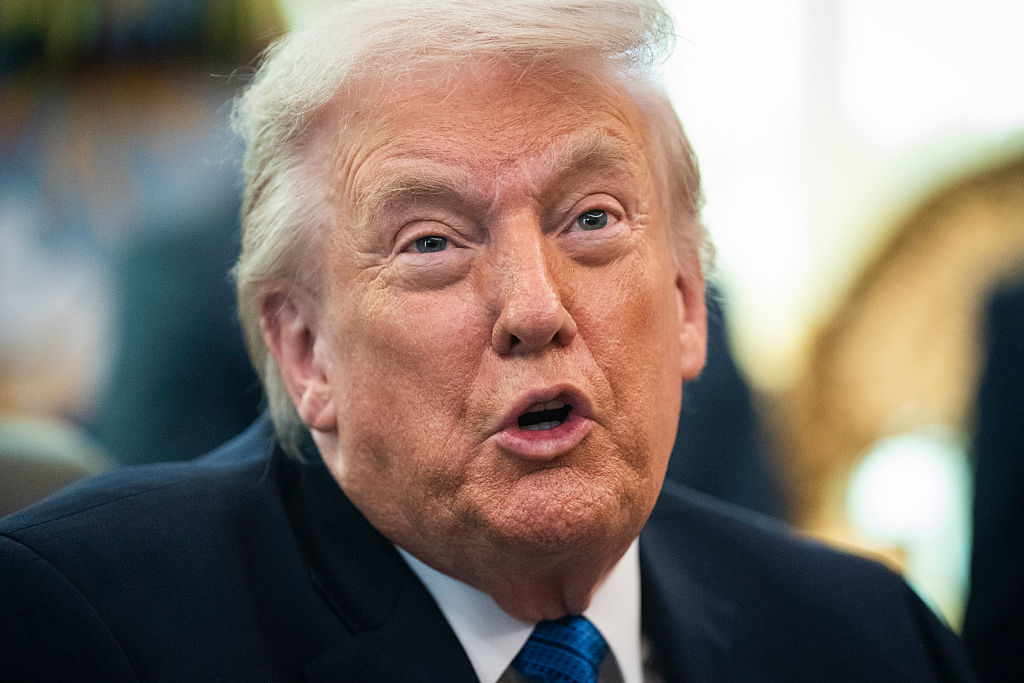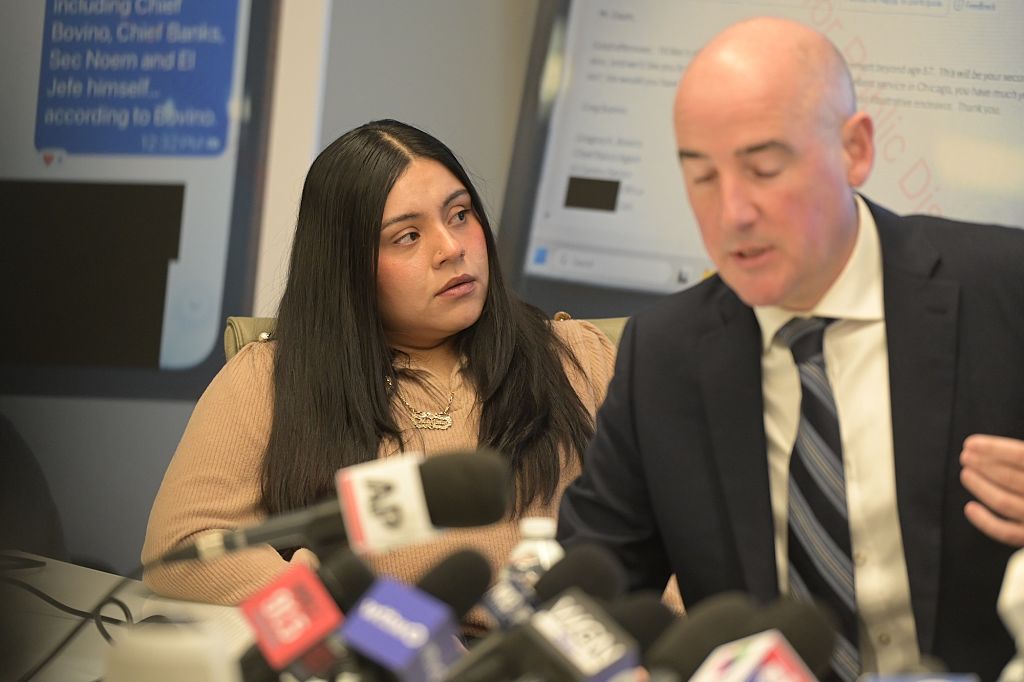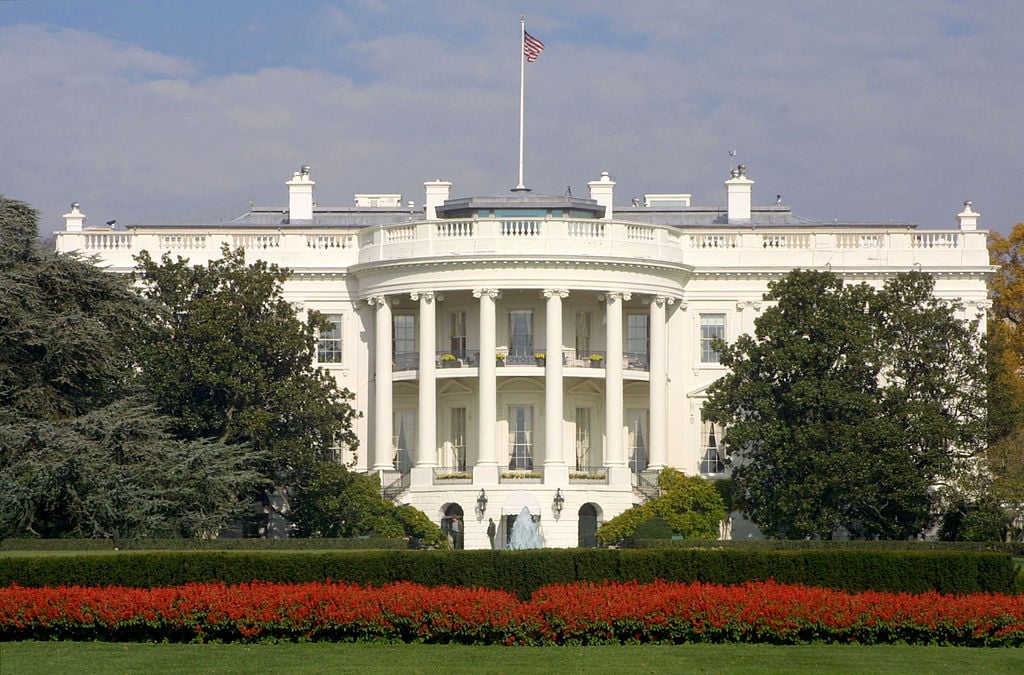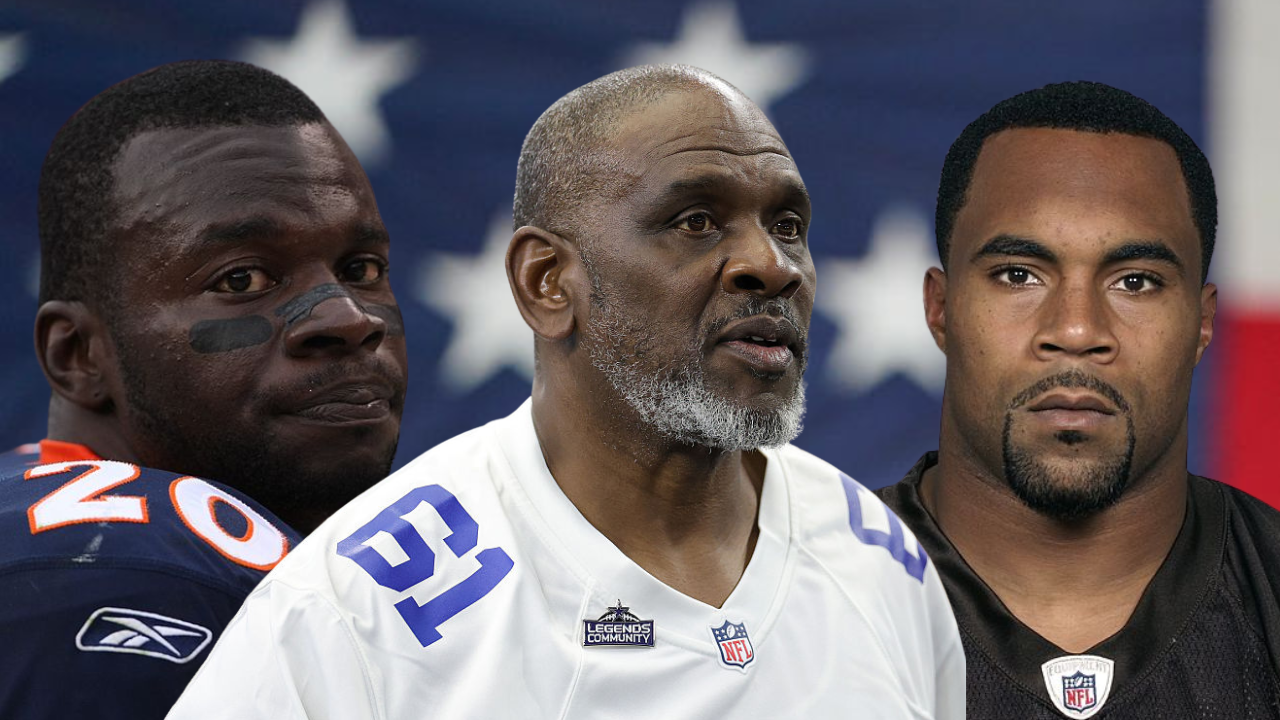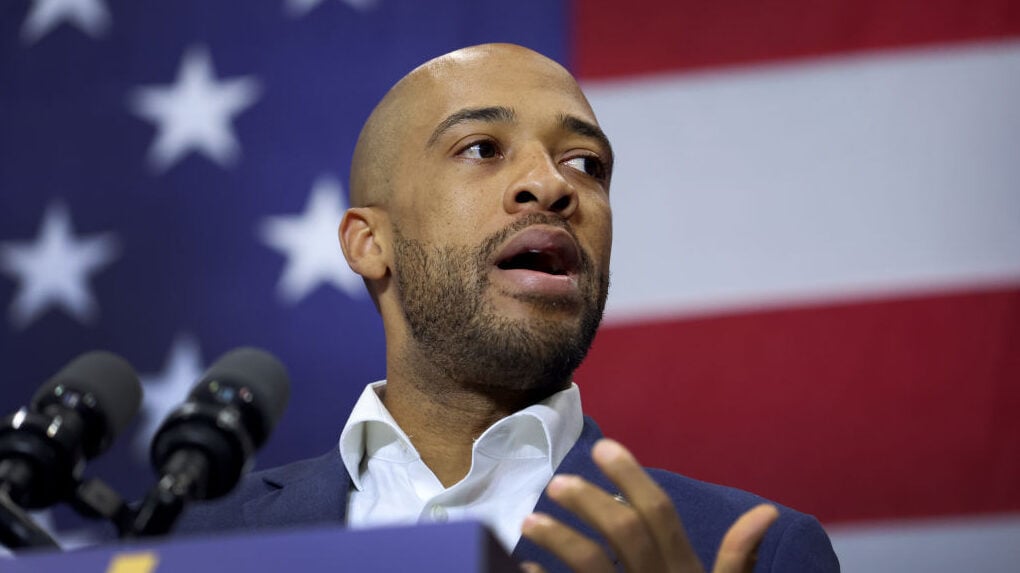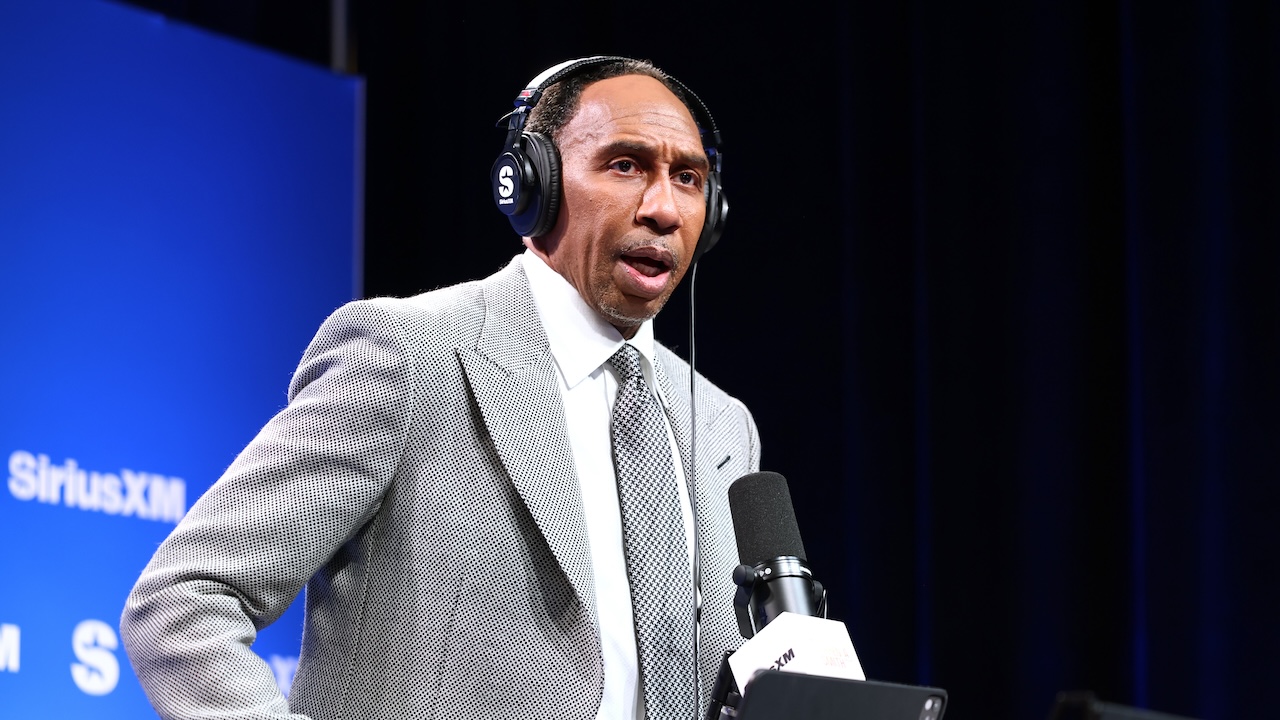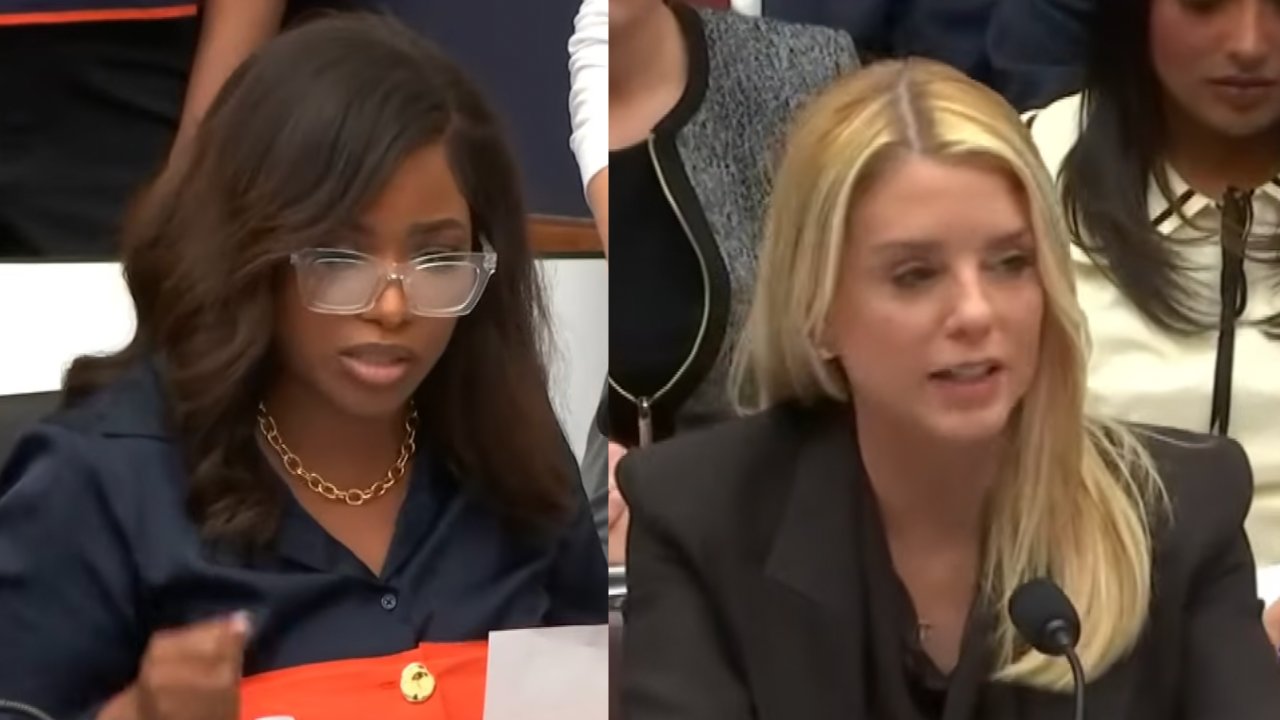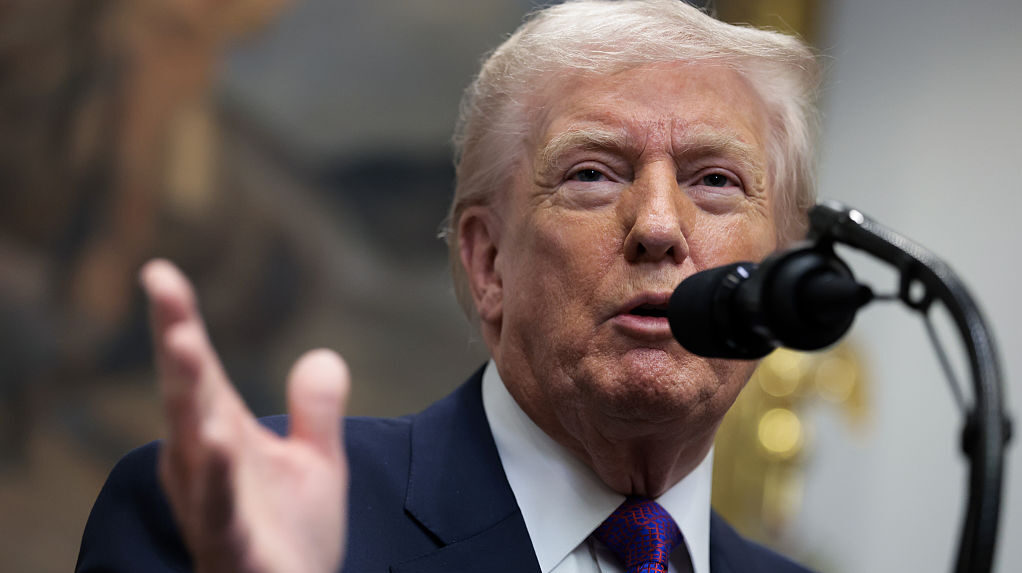Congressional Black Caucus fights for winning message in information war dominated by Trump
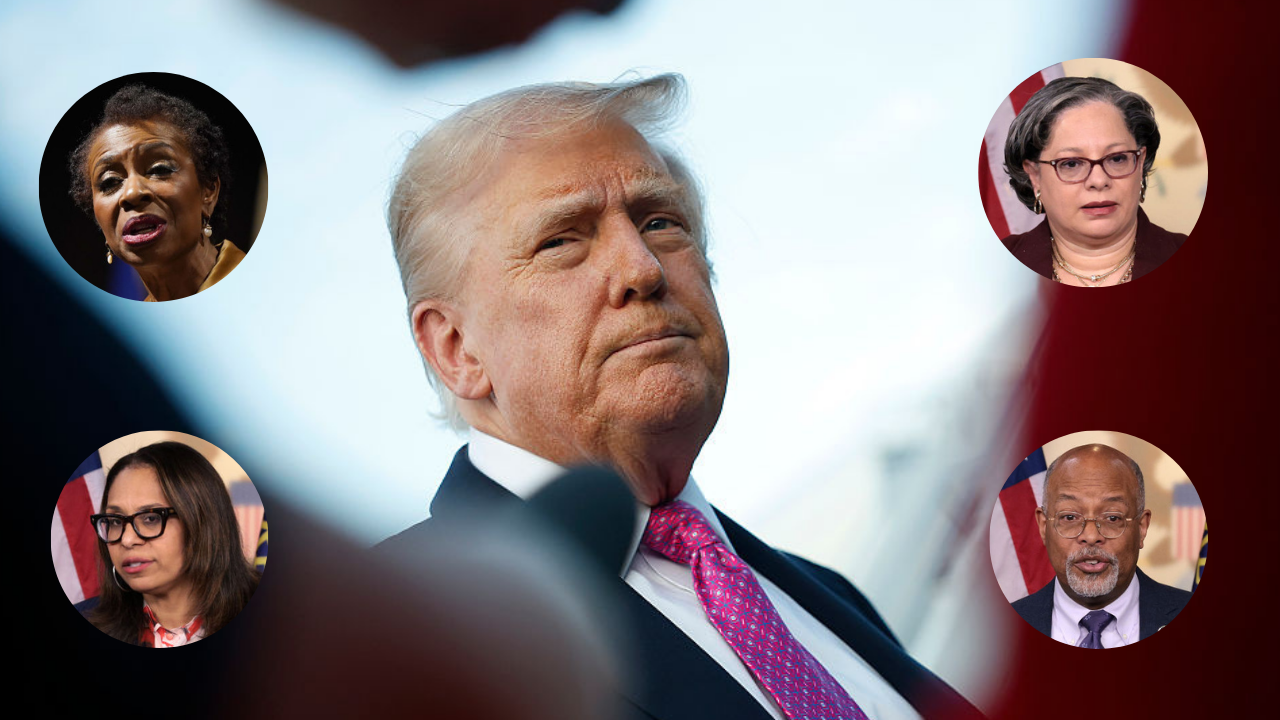
“This is a four-quarter game, and we are only in the first quarter,” said Rep. Sydney Kamlager-Dove, D-Calif., of President Donald Trump’s second term.
As the Congressional Black Caucus holds its 54th Annual Legislative Conference this week in Washington, D.C., members of the powerful caucus acknowledge the challenges they face as a minority in Congress as they fight against the messaging machine of President Donald Trump‘s White House and the Republican Party.
Since Trump re-entered office, Democrats have faced incessant criticisms and questions around what they are doing to effectively push back against Trump’s MAGA agenda, which has resulted in the rolling back of DEI and civil rights protections and major job losses for Black Americans.
“When you’re in the minority in the House of Representatives, not only doesn’t your message get amplified, [but] it can immediately get blindsided or pushed out of the news cycle by Trump,” said U.S. Rep. Yvette D. Clarke, the chairwoman of the Congressional Black Caucus, during a Wednesday press conference with Black journalists.
The New York congresswoman continued, “It doesn’t even have to be anything of relevance. It can be anything he says, which could be a lie, and that kills everything that we’re trying to put out that is truthful, that is lifting people up.”
Trump has dominated the political news cycle since returning to the White House on issues like immigration, crime, and what he often describes as “radical left” policies that support DEI initiatives.
CBC members acknowledged that some Republicans in Congress, behind closed doors on the Hill, have expressed concerns about some of Trump’s actions and have attempted to work them out with the White House in private. However, Clarke said that in this current political climate, the “bipartisan nature of Congress has died.”
She added, “Which means that we have to be very, very concentrated in our efforts to get our message of what we’re focused on for Black communities into Black communities, regardless of whether they are represented by CBC members or not.” 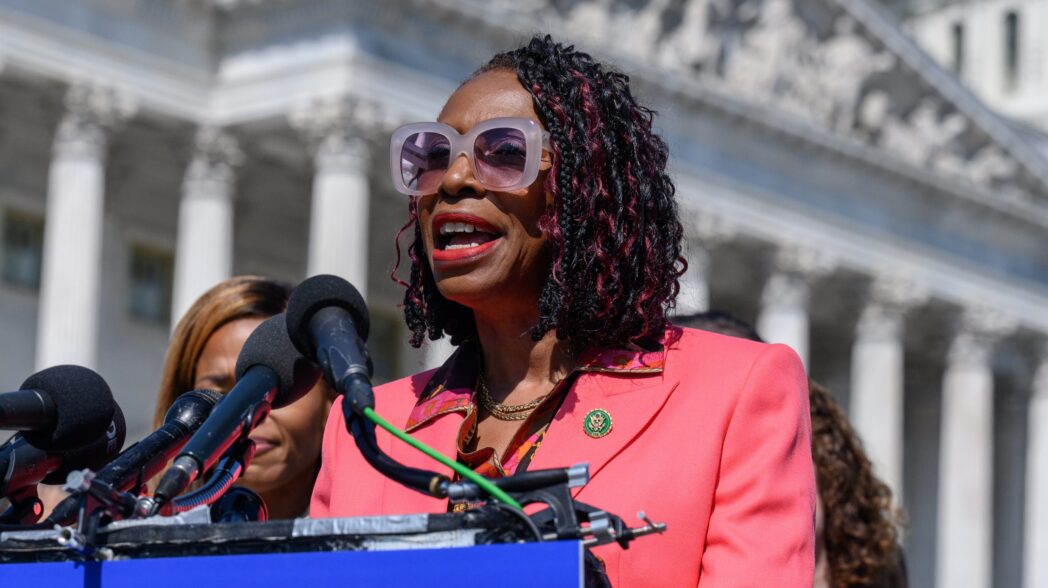
U.S. Rep. Glenn Ivey of Maryland acknowledged that constituents are looking for Democrats to “fight back.”
“One lady said to me, ‘I’m glad you all are always the adults in the room, but now we need a fighter in the ring,” shared the congressman.
However, Clarke pushed back against some of the expectations placed on elected Democrats in Congress.
“For the most part, people have been sort of, I think, transposing onto us a role that we really don’t have. Our role is to be legislators, not street activists,” she told reporters. “But we can engage with activists and give them some vision into what is happening on the Hill that helps them to mobilize.”
Congressman Ivey recalled the CBC’s bus tour around the country during the 2024 election, during which voters in barbershops and elsewhere often told them, “Where ya’ll been the last four years?”
“That’s what we have to address,” said Ivey, who noted that Democratic campaign groups like the Democratic National Committee, the Democratic Congressional Campaign Committee (DCCC), and the Democratic Senatorial Campaign Committee (DSCC) failed to meet the moment.
“The way that [they] have worked over the years is they wait until October, right before the election. They do the mass spend with the money on TV, and people are not watching TV anymore, and they haven’t made the adjustment,” said the Maryland congressman. “There has to be a big, round game, grassroots effort that goes around the clock…the electronic equivalent of that is the podcast and the electronic media [and] social media.” 
The group of CBC members, which also included the briefing’s hosts, Reps. Sydney Kamlager-Dove, D-Calif., and Jennifer McClellan, D-Va., and Reps. Bobby Scott, D-Va., and Wesley Bell, D-Mo., said working with members of the press is also critical to helping them get their message out to voters.
“They’re not reading the news anymore. They’re getting news from other sources. And so we need to work together to figure out how do we get this news to the news receivers?” said McCllelan, who described news “receivers” as different consumers than “news seekers,” who seek out news.
“The challenge we have is the communications infrastructure has changed so rapidly and so dramatically since just two years ago that it is a lot harder for you and for us to reach a majority of the American people,” said the Virginia congresswoman.
Democrats hope to build political momentum between now and next year’s 2026 midterm elections, which could result in them taking control of the U.S. House of Representatives. If that happens, Democrats would gain control of committees and the powers of congressional subpoenas and investigations.
Understanding the stakes of next year’s election, President Trump unprecedently called on red states to redraw congressional maps to give Republicans major advantages against Democrats. As theGrio previously reported, the gerrymandering strategy is overwhelmingly targeting members of the Congressional Black Caucus.
Congresswoman Kamlager-Dove used the analogy of sports to describe the political climate under President Trump’s second term.
“This is a four-quarter game, and we are only in the first quarter,” she said. “But the more we talk about what is happening, what’s at stake, and what will start to happen in the next four months, nine months, and 12 months, the more we can prepare folks to get ready for the next battle.”
Looking back to the 2024 election, the California representative said, “The majority of folks, including some Black folks, decided to vote for Donald Trump.”
“We are trying to unwind what we told them was going to happen,” added Kamlager-Dove. “So the strategy is to engage community-based organizations. The strategy is to work more diligently with our legal community. The strategy is to take everything to the court. The strategy is to create some outrage.”
What's Your Reaction?
 Like
0
Like
0
 Dislike
0
Dislike
0
 Love
0
Love
0
 Funny
0
Funny
0
 Angry
0
Angry
0
 Sad
0
Sad
0
 Wow
0
Wow
0




